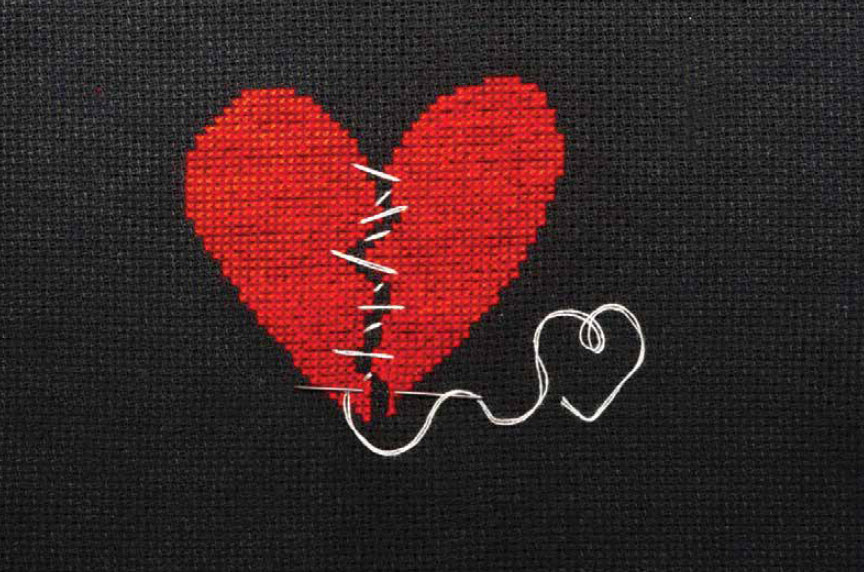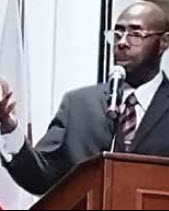The phrase “forgive and forget” is often invoked as a moral standard, but in many cases, it serves as a tool to silence those who have been wronged. This concept is frequently weaponized by abusers or those in positions of power to avoid accountability, pressuring victims into premature forgiveness without addressing the root cause of the harm. In these instances, the burden of forgiveness is placed solely on the person who has been hurt, compounding their suffering by asking them to carry not only their pain but also the responsibility of moving forward.
True forgiveness, when freely offered, can be a powerful force for healing. But it must never be confused with forgetting the wrong or rushing to reconciliation without acknowledging the damage that has been done. The idea that someone should “move on” without confronting the harm only serves to minimize their pain and protect the wrongdoer from accountability.
This distortion is particularly dangerous in abusive relationships or situations of injustice, where the abuser may demand forgiveness as a way of maintaining control, all while refusing to make amends or change their behavior. By demanding forgiveness without restoration, abusers shift the burden onto the victim, who is asked not only to forgive but to take on the emotional labor of restoring the relationship.
In reality, forgiveness should not add to the pain of the person who has already been hurt. Healing cannot be rushed or forced, and the responsibility to restore trust and repair the damage must lay with the person who caused the harm, not the victim. Rather than placing the burden of forgiveness solely on the victim, it is essential to walk alongside them in their journey toward healing—recognizing their pain, seeking justice, and offering support as they work through their trauma at their own pace.
Many religious traditions, including Christian theology, provide a more balanced understanding of forgiveness. While forgiveness is often seen as a moral imperative, these traditions also emphasize that forgiveness must be grounded in truth, justice, and accountability. Forgiveness is not about excusing harmful behavior or dismissing the need for consequences. It requires genuine repentance, a commitment to make amends, and an honest acknowledgment of the harm that was done.
In this light, true forgiveness does not mean that the victim must bear the burden of fixing the relationship or pretending that the damage never occurred. Rather, forgiveness can only come as part of a larger process that includes real accountability and a commitment to healing for both parties. This means standing beside those who have been wronged and supporting their right to take time, to heal, and to see real change before being asked to forgive.
We must reject the misuse of “forgive and forget” when it is used to avoid responsibility or silence those who are suffering. True forgiveness should never place the weight of restoration on the person who has been hurt. Instead, it requires justice, accountability, and a commitment to walking alongside the victim—allowing them the space to heal without the added pressure of prematurely repairing what was broken. Whether in religious or secular contexts, forgiveness should always be an avenue toward healing, one that honors the victim’s pain and does not bypass the essential work of justice and repair.
By: Eric Betts, Assistant Professor | Course Developer, Hampton University School of Religion










 June 20, 2025
June 20, 2025



